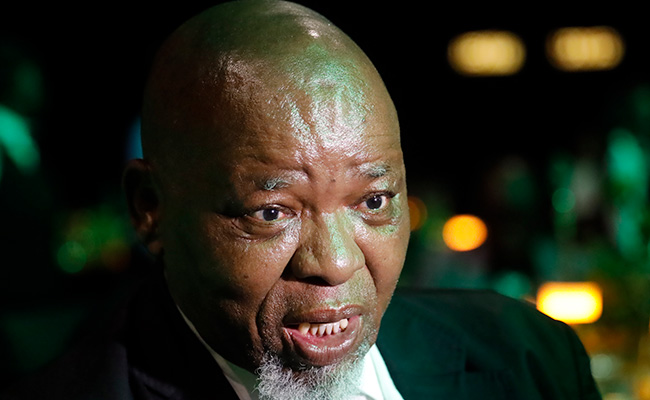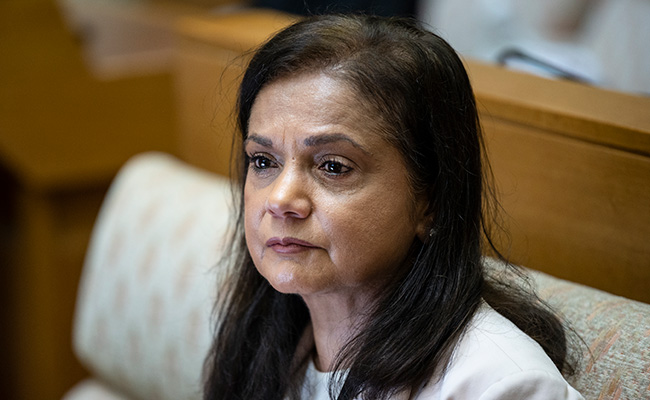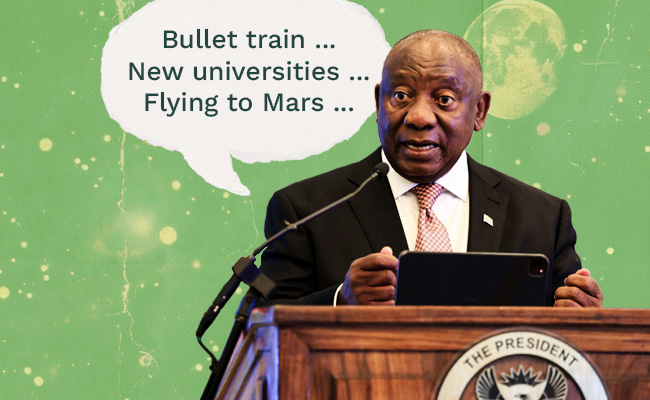When the Wiehahn commission was appointed in the early 1990s, it was tasked with a simple but profound mandate: to bring order to South Africa’s gambling landscape. At the time, gambling was largely confined to the bantustans – tiny pockets of legality in a sea of prohibition.
Our new democratic government sought to design a framework that would channel gambling into the formal economy, safeguard citizens and generate much-needed tax revenue. Few could have imagined that, three decades later, gambling would move from the casino floor to the palm of every South African’s hand.
The post-apartheid gambling framework was built around a limited number of physical casinos. The idea was that casinos should be an entertainment destination – places you travelled to for a night out, not casual stops between errands. Sun City epitomised this vision: a holiday destination where gambling was part of a broader leisure experience that included conferencing, golf and the Valley of Waves. Gambling was meant to be controlled, visible and physically bounded.
The National Gambling Act of 2004 codified this philosophy. It created a national framework and established provincial gambling boards to license and oversee casinos, bingo halls and limited payout machines. Bookmakers – those offering fixed-odds betting – were given provincial licences, but the act never anticipated that betting would one day move online.
When the internet arrived, bookmakers argued it was merely another channel – akin to taking bets over the phone. Provincial boards agreed, and the first online-only bookmaker’s licence was issued in the Western Cape to Netbet (later Sportingbet). By the 2010s, online gambling was no longer a theoretical issue – it was a booming reality.
Recognising this shift, parliament passed the National Gambling Amendment Bill of 2008, designed to regulate “interactive gambling”, the term for online casino-style games played over the internet. Both the National Assembly and the National Council of Provinces approved it. Yet, inexplicably, it was never enacted, creating a vacuum that persists to this day.
Into that void stepped the provinces. The constitution gives them concurrent authority over gambling, and with the 2008 amendments not enacted, provincial boards filled the space. The result? A patchwork system in which provinces license, tax and profit from online betting, while regulators are largely symbolic.
A need for reform
The 2010 Gambling Review Commission (GRC) was established to make sense of this confusion. After eight months of public hearings and exhaustive study, the GRC concluded that the framework was not working and needed urgent reform. The recommendations included regulating online gambling under strict consumer protection rules.
Parliament endorsed the findings, but by the time the then department of trade and industry minister Rob Davies brought the matter forward, momentum had faded. The department of trade and industry produced a counter-report that ignored the GRC recommendations.
By 2012, frustration led Adheera Bodasing to draft a private member’s bill on online gambling, which was tabled by Geordin Hill-Lewis, now the mayor of Cape Town. It languished. The 2018 National Gambling Amendment Bill, drafted under Davies, again sidestepped online gambling altogether. Two parliamentary sessions later, it remains under mediation.
While national policymakers dithered, the provinces acted. Online sports betting – technically legal under the bookmaker model – exploded. Over the past five years, the national gambling turnover has increased by 36% per year. Consistent growth like that is unprecedented.
Mpumalanga now derives more than half of its self-generated revenue from gambling. The Western Cape and Gauteng have also become hubs for licensing. Online gambling is lucrative – for provinces and operators alike.
The irony is hard to miss. While national legislation still technically prohibits “interactive gambling”, provinces have built thriving economies on it. The genie, as they say, is out of the bottle.
For licensed operators such as Hollywoodbets, Betway and Sportingbet, the system has been a windfall. Hollywoodbets alone reported a 35% increase in active users in 2024. For provincial treasuries, gambling has become an indispensable source of revenue. But the losers are equally clear: national regulators, traditional casinos and – most importantly – the public.
Land-based casinos complain of an uneven playing field. “We face stricter regulations and higher tax rates,” says Jane Williams of the Casino Association of South Africa. “We’re competing with online operators who play by different rules.”
The National Gambling Board, theoretically the oversight authority, is powerless to enforce national standards. The Advertising Regulatory Board and National Lotteries Commission are equally ineffective in curbing predatory marketing or protecting consumers.
In a twist of irony, the Casino Association recently won a legal battle against the Gauteng Gambling Board at the Supreme Court of Appeal (SCA). The Gauteng Gambling Board had issued licences to Supabets for fixed-odds betting (think roulette). The SCA found in favour of the Casino Association, recognising the legislative vacuum and noting that provinces cannot simply licence operations that, by national law, are not sanctioned. And though this may be a small win to celebrate, it feels uncomfortable to be represented by the Casino Association – it’s more like cartel bosses fighting over the spoils of illegal activity in court.
High-stakes game
Meanwhile, addiction rates are rising sharply. The National Responsible Gambling Programme reports a 28% increase in gambling addiction cases since 2022, with online betting implicated in more than 60% of new cases.
The science behind this is sobering: gambling activates the same dopamine-driven reward pathways as drugs like nicotine. The unpredictability of wins and losses keeps the brain chasing the next “high”, while withdrawal brings on depression, irritability and fatigue. Over time, the brain’s reward system becomes desensitised, requiring ever-greater risk to feel the same thrill – a neurological trap that drives compulsive gambling.
It’s clear that the current legal limbo is unsustainable. President Cyril Ramaphosa could simply promulgate the 2008 Amendment Act. Parliament could also pass updated legislation that recognises the reality of today’s digital gambling landscape. Yet political will is scarce. With provinces now enjoying significant gambling revenue, reform has become a political minefield.
The stakes for reform have never been higher. Without national co-ordination, the industry will continue to expand unchecked, eroding the very safeguards the Wiehahn commission envisioned three decades ago.
We began with a vision of gambling as a tightly regulated, socially contained activity – a night out, not a habit. But technology, policy inertia and fiscal temptation have brought us here: a fragmented regulatory system where provinces profit handsomely while vulnerable citizens shoulder the cost.
Regulation, at its core, should serve the public good – to protect, not exploit. If we are serious about that principle, then the time for hesitation is over. The question is no longer whether to regulate online gambling, but how and when.
Until then, the bets will flow and the provincial coffers will slosh with gambling tax revenue. But without reform, the price of inaction will be paid not in rands, but in lives caught in the addictive cycle of chance.
Thomas Brennan is a co-founder of Franc, a South African fintech that helps people invest simply and affordably.
Top image: Rawpixel/Currency collage.
Sign up to Currency’s weekly newsletters to receive your own bulletin of weekday news and weekend treats. Register here.














